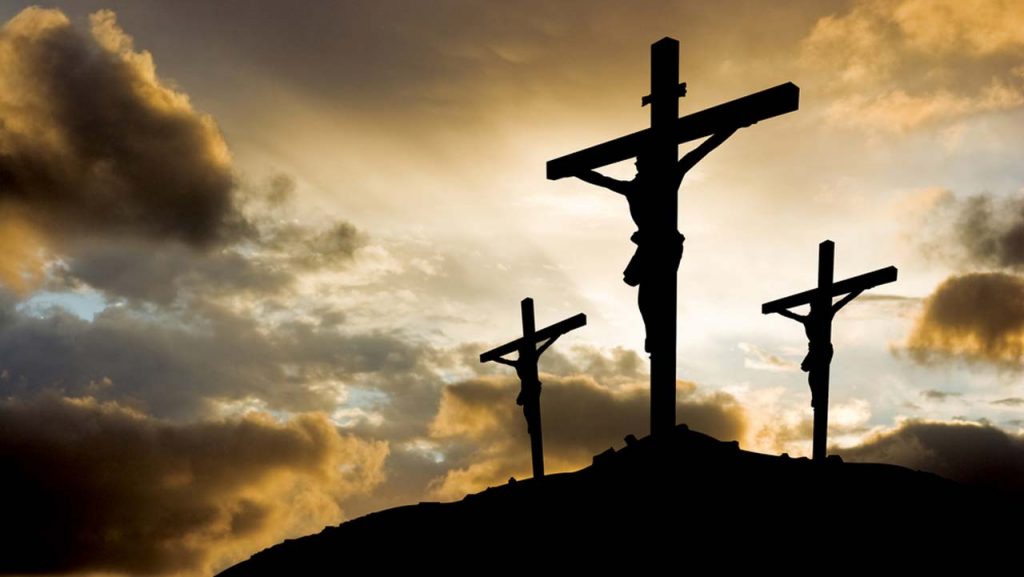SOVEREIGNTY, FOREKNOWLEDGE, AND FREE WILL
By: Frank G. Tunstall, D. Min.
How are we to understand the interaction of sovereignty, foreknowledge and free will in the tragic events surrounding the death and resurrection of Jesus Christ?
- By sovereignty is meant God acts as He wills, does anything He pleases, and no power can stop him. While that definition is correct, the God of the Bible always chooses to act according to His character that He has revealed through the Holy Spirit as recorded in the Bible.
- By free-will is meant people can make choices with only themselves being responsible for their choices, and do this even to the point of saying “NO!” to God Himself.
- In His foreknowledge God knows in advance the choices people will make, but He does not predetermine those choices and is not responsible for them. The Apostle Paul wrote
- that “those God foreknew he also predestined to be conformed to the likeness of his Son, that he might be the firstborn among many brothers” (Romans 8:29-30 NIV). Foreknowledge, therefore, precedes predestination, in the heart of God.
Both the sovereignty and the foreknowledge of God, and the free will of man, intersected in the events leading up to and surrounding Jesus’ cruel death. When the fullness of the time arrived in human history, the whole drama came together of people and circumstances, with all their personal agendas and emotions (Galatians 4:4-5). This point in history is known as Jesus’ “hour.” The tragedy would not have unfolded the same way even forty years earlier when King Herod the Great was the strong ruler of Israel, for example, or forty years later when Jerusalem was destroyed by the Romans.
God commissioned and anointed prophets to announce the plan in advance, to prove beyond any reasonable doubt God was at work. But God’s foreknowledge did not cause the illegal proceedings in Jerusalem, neither did it excuse the horrendous evil, nor render the participants guiltless for their evil choices.
God violated the free-will of no one in history’s greatest tragedy; not a single participant. Each of Jesus’ enemies made personal choices as they took part in His death. The heavenly Father manipulated no one, not even Judas. Each participated by His own decision, making his choices out of his own motivations (Matthew 26:21–25, 46–50; Luke 22:3–6; John 6:70–71). In His foreknowledge, God foreknew all the decisions of the people involved, and sent His Son into the world at the time He knew it would all come together.
In doing what they freely chose to do, each participant helped fulfill the Father’s plan at the zero hour of history for Jesus Christ to save the world (Romans 8:28-39).
God had one grand design, an intentional strategy for all ethnicities worldwide, and purposed from eternity to fulfill it. The Trinity in the eternal counsels framed no backup or Plan B. Jesus Christ’s death and resurrection remain to this day the one and only blueprint of the Heavenly Father for the salvation of the world. In achieving this magnificent strategy, the Father brilliantly allowed the autonomy of every actor in the drama to be truly free and unrestricted, and yet that broad and unhampered display of free-will achieved perfectly God’s purpose in Jesus’ sacrifice.
Then, on the third day, God acted in His true sovereignty, asking permission from no one, and raised Jesus from the dead.
Yes, the death and resurrection of Jesus was a sovereign act of God, and so were Jesus’ birth, His ascension into heaven, and the outpouring of the Holy Spirit.
Such is the essence of how God’s sovereignty, free will, and foreknowledge interrelated when the clock of history ticked down to “the hour.”

